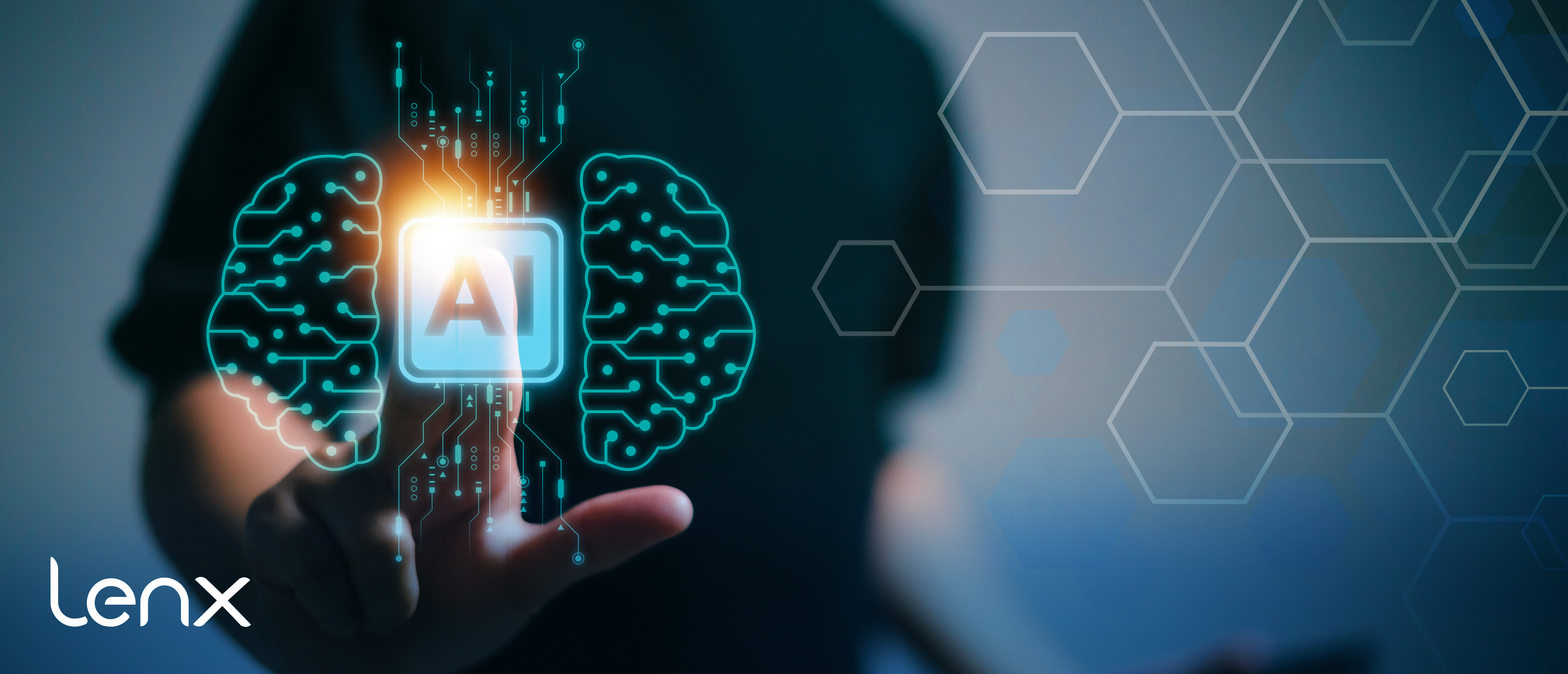
How AI Security, Active Shooter Detection Systems Continually Improve
AI security is a rapidly evolving field. It's a crucial part of modern security solutions.
Active shooter detection systems are one such application. They play a vital role in public safety.
These systems are continually improving. They're becoming more effective at detecting and responding to threats.
This article delves into the latest advancements in AI security technologies. We'll explore how they're enhancing active shooter detection systems.
We'll also look at the challenges and ethical considerations. AI security is a complex field with many facets to consider.
Join us as we navigate the world of AI security. Let's see how it's shaping our approach to safety and threat detection.
Understanding AI Security and Its Significance
AI security refers to the use of artificial intelligence in enhancing security measures. It's a blend of machine learning algorithms, pattern recognition, and predictive analytics.
This technology is significant in today's world. It helps detect threats, automate security protocols, and reduce response times. AI security is transforming how we approach safety and threat detection.
The Evolution of AI Security Technologies
AI security technologies have come a long way. They have evolved from simple pattern recognition systems to complex threat detection and response mechanisms.
These advancements are largely due to improvements in machine learning algorithms. These algorithms can learn from data, improving their accuracy over time.
Key milestones in the evolution of AI security technologies include:
- The integration of AI with surveillance systems for real-time analysis.
- The development of AI response protocols to automate security measures.
- The use of AI in predictive analytics for preemptive security measures.
These advancements have made AI security technologies more effective and reliable. They have also opened up new possibilities for their application in various security scenarios.
Active Shooter Detection: AI's Role in Public Safety
Active shooter detection is a critical aspect of public safety. AI plays a significant role in enhancing the effectiveness of these systems.
AI technologies can analyze patterns to detect potential threats. They can also automate response protocols, reducing the time it takes to respond to an active shooter situation. This can save lives and prevent further harm. AI's role in active shooter detection is a testament to its potential in improving public safety.
Machine Learning: Enhancing Threat Detection Accuracy
Machine learning, a subset of AI, is instrumental in enhancing threat detection accuracy. It uses algorithms to learn from data and make predictions or decisions without being explicitly programmed.
In the context of active shooter detection, machine learning can analyze vast amounts of data to identify patterns and anomalies. This can help in accurately detecting threats and reducing false positives. The more data the system is exposed to, the more accurate it becomes. This continuous learning process is key to the ongoing improvement of AI security systems.
Real-Time Analysis: AI and Surveillance System Integration
The integration of AI with surveillance systems has revolutionized real-time analysis in security. AI can process and analyze video feeds in real-time, identifying potential threats and alerting security personnel.
This integration allows for immediate response to threats, reducing the potential for harm. It also enables the system to learn and adapt to new threats, continually improving its effectiveness. AI's ability to analyze and respond to situations in real-time is a significant advancement in security solutions.
Case Studies: AI Security in Action
AI security technologies have proven their effectiveness in real-world scenarios. For instance, in a recent school shooting incident, an AI-powered active shooter detection system successfully identified the threat and alerted authorities within seconds.
In another case, an AI security system in a crowded public space detected an unattended bag and identified it as a potential threat. The system alerted security personnel who were able to respond promptly. These cases highlight the practical benefits of AI security in action.
Overcoming Challenges: Limitations and Ethical Considerations
Despite the promising advancements, AI security technologies face several challenges. One of the main issues is the potential for false positives, which can lead to unnecessary panic and resource allocation. Additionally, training AI systems to recognize nuanced human behaviors remains a complex task.
Moreover, the use of AI in security raises ethical and privacy concerns. The balance between public safety and individual privacy is a delicate one. As AI security technologies continue to evolve, it's crucial to address these issues and ensure that they are used responsibly and ethically.
The Future of AI Security: Trends and Developments
Looking ahead, AI security technologies are set to play an even more significant role in public safety. Future trends include the use of AI in predictive analytics for preemptive security measures and the integration of AI in disaster response and emergency management.
Moreover, the potential for AI to streamline security operations across various industries is immense. From enhancing physical security of infrastructure to combating cyber threats, AI is poised to revolutionize the security landscape. As these technologies continue to evolve, the importance of cross-sector collaboration and international cooperation in developing AI security standards cannot be overstated.
Conclusion: The Continuous Improvement of AI Security
In conclusion, the continuous improvement of AI security technologies is crucial in addressing the evolving security challenges of our time. From active shooter detection to threat assessment and risk management, AI is transforming the way we approach security.
However, as we embrace these advancements, it's essential to balance AI automation with human oversight. Ethical considerations, privacy concerns, and the need for robust cybersecurity measures must be at the forefront of AI security development. As we move forward, the potential of AI to enhance our security solutions is undeniable, but it must be harnessed responsibly.

